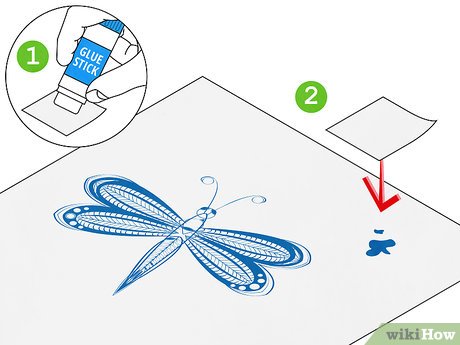To write a good critical review of a research paper, there are a few steps you need to follow. The first is identifying the author’s argument and thesis. Next, analyze the body of the article to determine other researchers’ views on the topic. Finally, consider how the paper can be improved. If you are still confused, here are some guidelines to follow. Hopefully, these tips will be helpful to you.
Identifying the author’s thesis
Identifying the author’s thesis in your review of a research paper requires evaluating the work in a holistic way. Determine if the author accomplishes the stated or implied purpose of their work. Do they add to the existing body of knowledge? Do they present extraneous material or ignore relevant information? What are their limitations and strengths? And how can you improve upon their work?
If the work is fiction, look for scenes or imagery that support the thesis. In case of art, ask yourself what made you angry or laughed at the work. In an argumentative essay, check the author’s background to determine if it explains his or her bias. Check out credentials and other information that might strengthen the author’s credibility. Identifying the author’s thesis is important for the overall quality of the review.
Identifying the author’s argument
When writing a critical review of a research article, you must analyze the author’s arguments and credibility. You should consider the value and persuasiveness of the author’s arguments, as well as the research problem formulation and literature search. Moreover, you must evaluate the paper’s contribution to the discipline and field. To do so, you should conduct a literature search to gather information about the topic that you are evaluating.
When writing a critical review of a research article, you must carefully read the text for lapses in logic and purpose. You should also identify the author’s purpose in writing the essay, so that you can critique the paper’s strengths and weaknesses without giving your own opinions. If you identify a flaw, you should suggest a solution or further research.
Analyzing the body of the text
Analyzing the body of a research essay involves providing evidence and explanations for your topic sentence. The body of an essay should only discuss one issue at a time, with each paragraph highlighting a single piece of evidence that supports your thesis. The body paragraph should also develop your argument from several different viewpoints, while maintaining a clear flow throughout the paper. In addition to proving the validity of your thesis statement, your paper should include relevant evidence and arguments.
As you write your body paragraphs, keep in mind that the thesis statement will be a central theme for the essay. When writing about a controversial issue, it is important to include opposing views. Contrasting viewpoints may strengthen the argument and establish a stronger thesis statement. Remember to cite reliable sources, including academic articles and books. Using reliable information, cited by the author, is an excellent way to support your argument.
Identifying other researchers’ views
In a critical review of a research paper, identifying other researchers’ perspectives is important for two reasons. One, they may think your work is important, but it could also be a problem. Another is that your review is not thorough enough. You might be missing some important details or even be biased. Fortunately, there are ways to make your critical review more effective and comprehensive.
Another point to remember when writing a critical review of a research paper is to maintain the author’s voice. When you reference other sources, you must weave references in with your own words. Try to end each paragraph with your own ideas. If you need to paraphrase, use caution; make sure that you’re representing the information and opinions of the author, not theirs alone. Also, when paraphrasing a source, include a citation.




